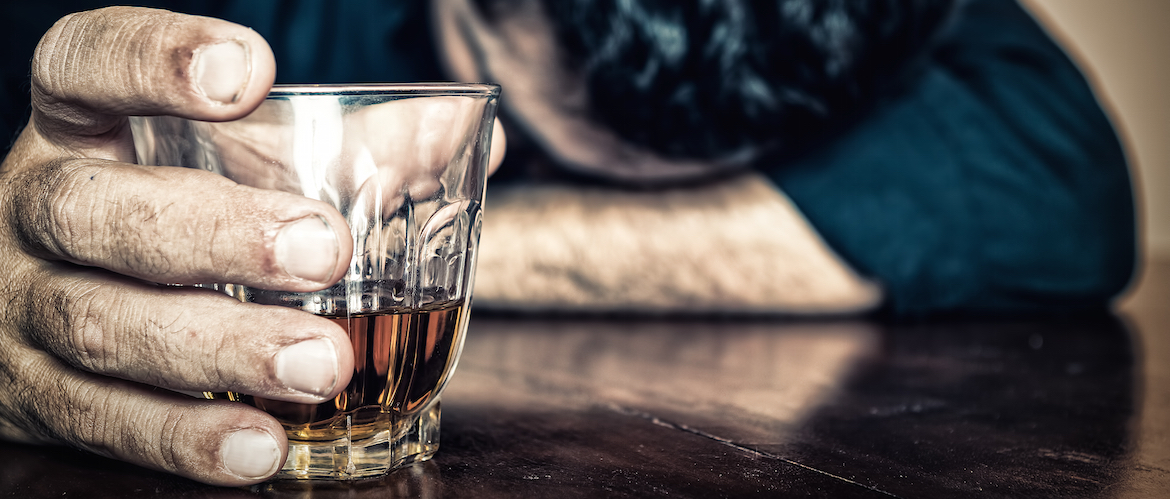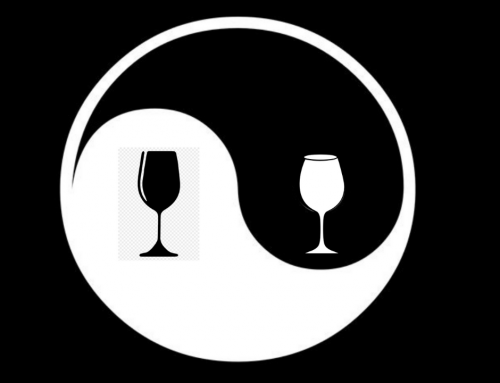Tips for alcohol detox
Alcohol consumption levels can creep upwards. It’s so easy for that to happen: Our society enjoys a drink. We love to toast and celebrate, “wine down”, share a quiet few.
And it feels good: to connect with others, relax and take the edge off, helps us forget about the problems of the world for a while… However, it can easily get out of hand, and create that malaise feeling of “blah”, which makes the rest of life more challenging to deal with.
Intermittent periods of alcohol cleansing can be just the thing to keep things in check!
There’s many awesome aspects tot stopping alcohol totally for a few weeks; clarity, freshness, deeper sleep and easeful mornings to name a few! It’s actually one of the best liver cleanses. However, if you have been a heavy drinker, it’s important to get some physical and mental support to withdraw without damaging yourself further, here’s some information on how to approach this.
The idea of periodic sobriety has caught on. One great project to check out is Hello Sunday Morning. Other projects such as Febfast, Dry July and Oct-sober present brilliant, win-win-win scenario. One month of the year, providing great rest for the body (especially gut, liver, nervous system), a supportive group movement and healthy social experiment, all while raising money for worthy causes. Plus, if you’re signed up, it’s easier to say “no” to alcohol without creating suspicion of being an on the wagon or pregnant, or being chided for not conforming to the social mores.
There’s no need to explain anything, just “taking a few weeks off”. No questions asked (though it can lead to some meaningful conversations…)
Alcohol is a drug.
In November 2009 a study published in the The Lancet described how alcohol, when considered in the context of its social effects as well as physical and emotional effects, caused more harm than the use of other drugs, including heroin and crack cocaine. The costs of alcohol’s effects are significant on a personal, family, community, national and international level. As a socially accepted drug, excessive consumption and problem drinking, easily slips under the radar as ‘normal’.
During my undergraduate degree, one laboratory experiment we did demonstrated how high proof alcohol destroyed all the cells it touched.
Alcohol at varying percentages destabilised cell membranes, breaking the membrane and often causing to the contents of the cell to spill into the surrounding tissues. Essentially, destroying cells, thus stimulating the need for the body to cleanse and renew itself – generally the process of inflammation.
During this same life phase, I was providing massage to people in a drug and alcohol rehabilitation community. My clients were recovering from all types of drug addiction. I vividly recall massaging a man who was recovering from alcoholism. I sensed a lack of vitality his body tissue unlike anything I had sensed before. It was as though part of him was missing, and was very slowly returning.
Alcohol mixes easily with water. This is why it infiltrates the whole body, potentially effecting all tissues.
Alcohol can negatively effect all organ systems in the body. As a diuretic, it places stress on the kidneys and can lead to dehydration. The gut can express the challenge as heartburn. Alcohol initially increases gastric secretions but with extended use decreases them, thereby interfering with digestive ability. The irritation to the stomach lining from excessive alcohol can be combated by producing mucous and may cause vomiting, and in the longer term, ulceration.
Once absorbed into the blood, alcohol is metabolised by the liver which can effectively convert the alcohol contained in one standard drink every hour to eliminate without harm. More than one standard drink an hour can generate damage to the liver. It can also result in an increase in the blood concentration of alcohol and a compound called acetaldehyde, which create damage in surrounding tissues.
Eventually alcohol is changed in the body to tetrahydroisoquinolines (TIQs), substances that bind to the pleasure centres of the brain, that create feelings of well being. TIQs may sound like fun, however they slow down the body’s production of homemade pleasure-inducing molecules and also increase the quantity of the enzyme that breaks down feel-good molecules. This can leave people feeling flat and reaching for another drink. The balance of other neurotransmitters is disrupted too, in the body’s natural attempts to balance the effects of alcohol.
Binge drinking consists of excessive drinking over a continuous period of time.
The exact number of beverages varies depending upon who has created the definition, but starts at 4 drinks for women and 5 drinks for men in one session, which in Australian culture is often considered normal.
Binge drinking damages the brain in a frightening way.
Alcohol is a depressant for the brain as it increases the neurotransmitter GABA, which calms like a Valium. To balance this rise, the brain produces a load of excitatory neurotransmitters, called Glutamate, which can generate feelings of anxiety.
While drinking, the alcohol is coming in and everything’s fine. But when alcohol consumption stops, the GABA level drops quickly, leaving high levels of Glutamate in the brain. In a quest of normalcy, a complex mechanism involving a change in calcium and magnesium levels, reduces the Glutamate concentration but kills brain cells in the process.
What dies with those cells can be delicious life memories and your sparkly clarity of thinking.
Last but not least, the energy content (calorie count) of the alcohol is great, almost equivalent in energy per gram as fat. This caloric energy can be transformed into storage compounds and then it can access the fat cells…
Think beer belly.
Abstinence for a period is a great way for the body’s alcohol cleansing repair mechanisms to catch up on silly season shenanigans.
Periods of alcohol cleansing also helps to “reset” your social drinking patterns.
Alcohol is so integral to the Australian way of life.
The weekend BBQ, a game of footy, an exhibition opening, indeed most gatherings invariably involve some form of alcohol consumption. Humans from the Neolithic era, to the Ancient Greeks and Romans and beyond, all enjoyed wine in abundance (though their cultures also often included regular periods of alcohol abstinence and purification through fasting).
Thousands of years of enjoyment are hardly going to stop today, however it’s refreshing to detach from it all for a while and clear out negative patterns of alcohol consumption, and reap the rewards.
8 Tips to “Wine-down” and enjoy alcohol-free times
- Explore mocktails or drinking bitters lime and soda
- Have a case of local sparkling mineral water for a “special end of day” drink
- Consider herbal support of St Mary’s thistle seed
- Take a quality Vitamin B Complex daily, preferably food derived
- Add GMO-free refrigerated Lecithin, to your cereal
- Adopt a Mediterranean diet (without the wine : )
- Discuss a relevant regime of supplements which could include Vitamins A, C and E and minerals Zinc, Selenium, Calcium and Magnesium with your practitioner to support your individual physical, mental and emotional needs
- Create a bunch of activities that don’t involve drinking, and schedule them in. Think gardening, local walks, volley ball, kite flying, painting, tea parties …
There are so many great supports out there – and so much fresh fun awaits!
Rejuvenate your Health at Sparkle Well School
Sparkle Well School delivers step-by-step, effective and safe, health optimisation processes to provide empowerment and insights into fresh and regenerative ways of living.
Designed by Health Educator and Naturopath Sally Mathrick.
Programs are available anywhere, anytime.
This is one element of Sparkle Well Complete Cleanse – Copyright Sally Mathrick – please cite www.sparklewell.com.au if using this information. Written Oct 2010 and previously published in Wellbeing Australia










